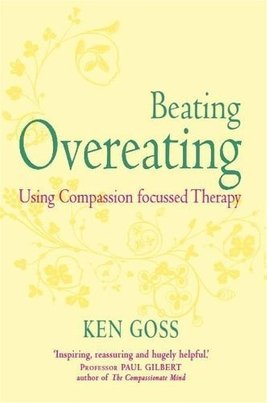Unwanted Life seeks to help as many people as it can by offering valuable resources from providing contact information for mental health services across the world (Crisis Lines: A Small Social Media Survey and UK Crisis Lines And Support) to workbooks and other resources you can use to practise self-care.
Free Resources
Here’s a collection of no-frills free resources you can download to help you manage your mental health. I hope to keep expanding this free resources section so I can help as many people as possible, so stay tuned.
Understanding Your Difficulties Worksheet
Wellbeing Tips & Activities for Children
App Resources: Molehill Mountain
Snowdon Trust Disability Resources
Understanding Your Difficulties Worksheet
Taking the time to work out our difficulties can help us problem-solve how to overcome them. My worksheet, which I designed to help people overcome their difficulties, makes for a useful starting point. This will also make it easier when having a conversation about your difficulties with someone else. Because sometimes you need to get your thoughts together first. Below is a snippet of that worksheet.

You can download the worksheet by clicking here.
Goals Worksheet
Creating goals can be difficult if we don’t spend some time working on them. This is where my goals worksheet comes in. This is why, as a therapist, you’d start by talking about their difficulties, so you can help the client with creating goals, should they be unsure. In doing this, it’ll help you work with the client to create a goal to work towards.
This is why I’ve created this worksheet so you can follow the same process to create your own goals to work towards, either on your own or as part of therapy. Below is a snippet of that worksheet.
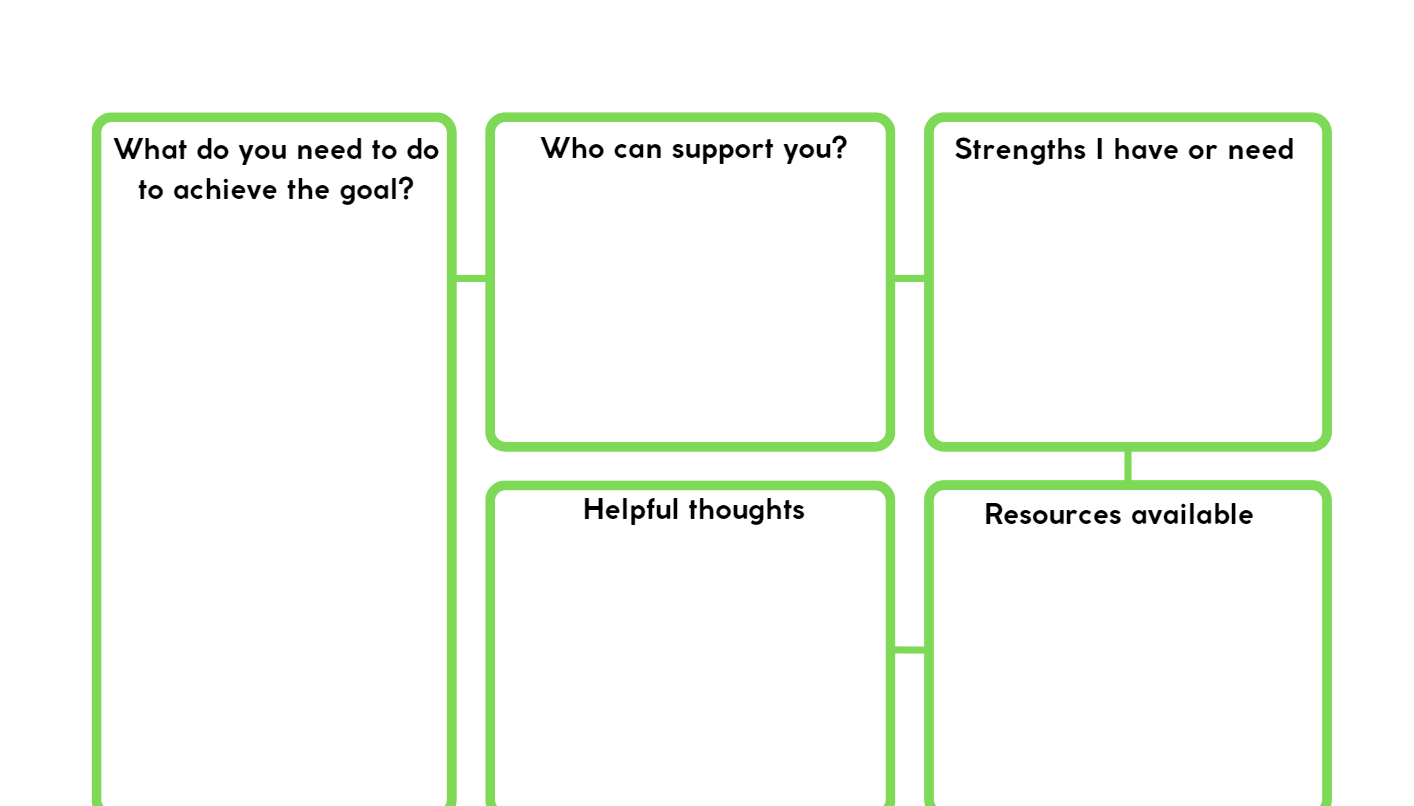
You can download the worksheet by clicking here.
The Miracle Question
Within the field of therapy, there is something that is referred to as the Miracle Question. It’s an effective question to ask during goal setting, and it’s also a pretty simple question to ask. Another bonus of asking the Miracle Question is that it allows you to identify when someone will know when they might have achieved their recovery goals.

You can download the worksheet by clicking here.
Graded Exposure Workbook
Graded exposure is a cognitive-behavioural therapy CBT approach used to help extinguish fears and anxieties. I’ve created a graded exposure workbook that walks you through using this CBT approach. So take advantage of my free resources and engage in some self-help so you can tackle your fears and anxieties. If you’d like to read the article that accompanies the graded exposure workbook, then visit: ‘Graded Exposure: The Ultimate Method To Tackle Fears‘.
Pub Quiz
I created the Pub Quiz after being a Time To Change Champion. A Time to Change Champion seeks to help reduce the stigma around mental health. Thus, this quiz could be something you could do at work on a mental health day.
To download the quizzes and answer sheets, just click on the button for the UK or the US. Sorry, I couldn’t do one for each country.
Myth Or Fact Quiz
Like the above Pub Quiz, I created the free Myth Or Fact resources quiz after becoming a Time To Change Champion. Click the button to download a copy of the Myth or Fact pub quiz book. Just cut along the lines to turn them into cards.
Recovery Capital
Recovery capital is best known within the field of addiction, but it’s also useful for managing your mental wellbeing. This worksheet will allow you to list all the things that make your recovery capital so that you know what you can rely on to support you when you need it. Below is a snippet of that worksheet.
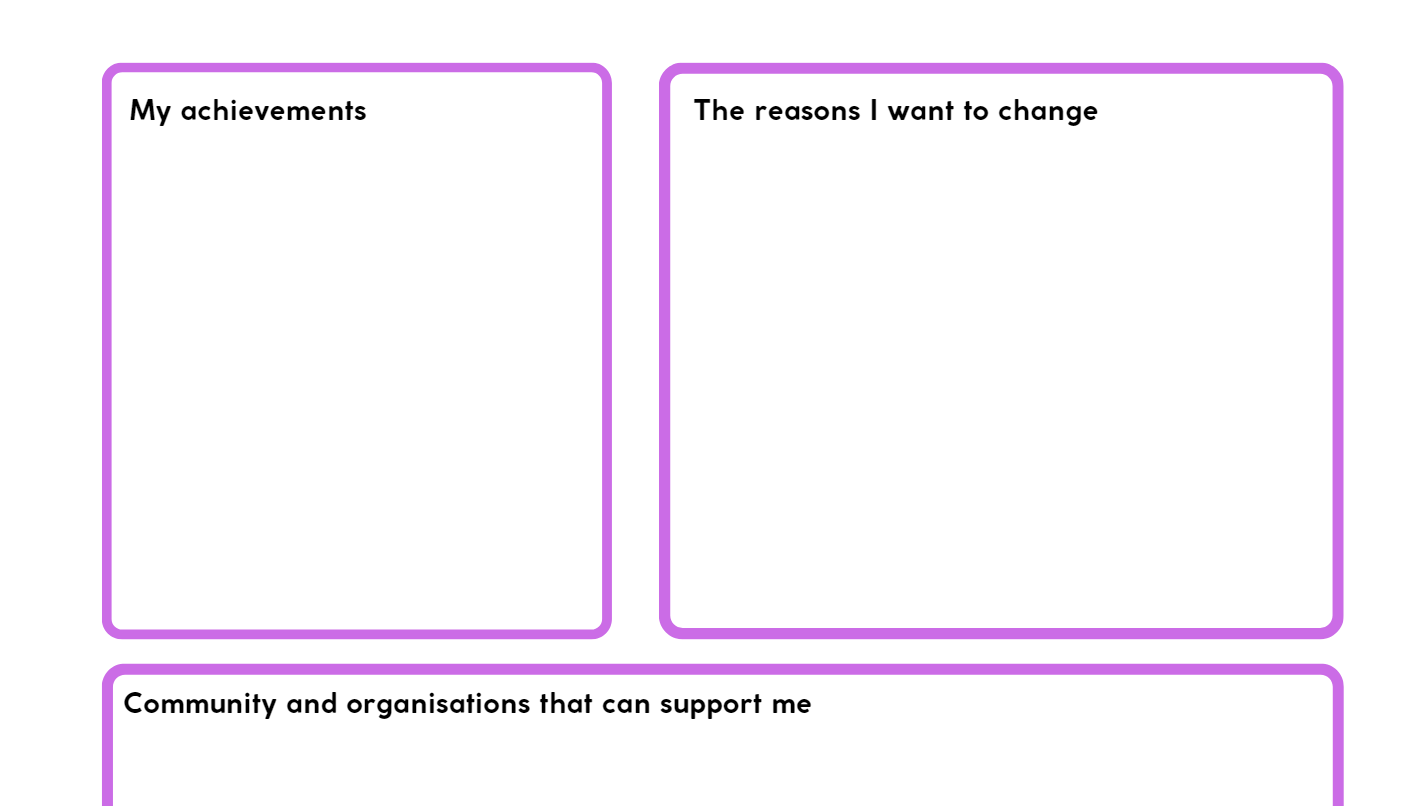
You can download the worksheet by clicking here.
Safety Plan
The safety plan was designed to help people manage their risk regarding their mental health. This plan covers what you can do to avoid or manage a future event where you’re at risk of harm. For example, what you could do to protect yourself from self-harming (for more information on this, visit 12 Benefits Of Having A Safety Plan).
Safety Plan Workbook
Similar to the safety plan, in that, it’s designed to help manage the risks associated with your mental health issues, except instead of it being for future events, this one you use in the moment of crisis (for more information on this, visit 12 Benefits Of Having A Safety Plan). Basically, it’s a form of distraction to help you weather the storm until it passes whilst also helping you to stay safe.
SMART Goals Worksheets
SMART Goals (Specific, Measurable, Achievable, Relevant, and Time-Bound) are an effective way of planning your goals so that you increase your chances of achieving them. For more information on what SMART Goals are and how to use them, visit SMART Goals: An Amazing Way To Achieve Your Aims.
Dopamine Menu
A dopamine menu was created to help those with ADHD, but it has other applications outside of that. Creating a dopamine menu has a good deal of wellbeing and mental health applications. If you’re interested in finding out more, then check out my article on the subject by clicking here.
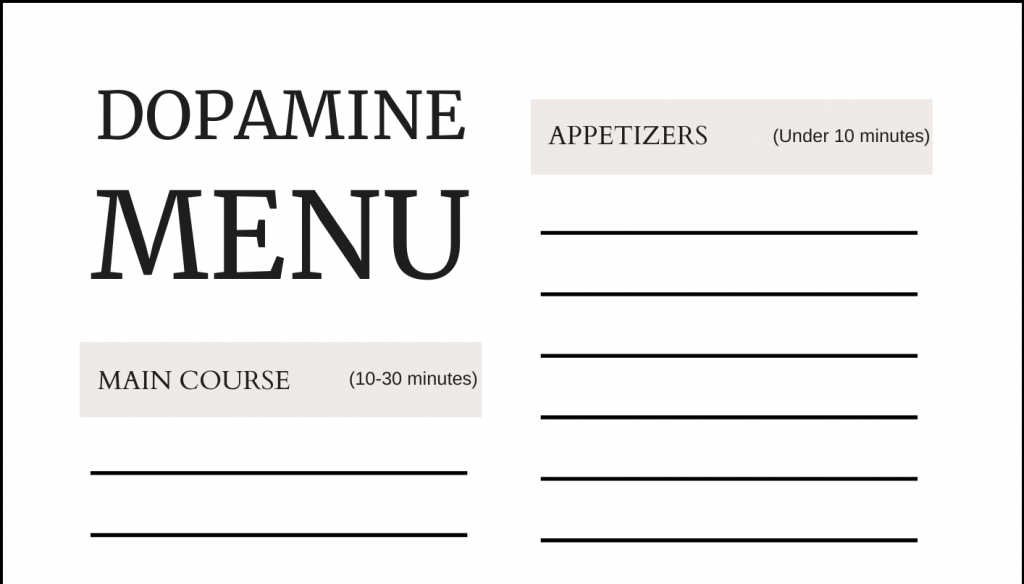
You can download this free resource by clicking here.
Wellbeing Tips & Activities for Children
I am delighted to be featured in Twinkl’s recent blog – Autumn Leaves: Wellbeing Tips & Activities for Children. Check out some of their resources for wellbeing and resources for mental health for children, too.
App Resources: Molehill Mountain
The following is a mental health app designed for people with ASD (autism), created by Autistica in partnership with King’s College Hospital, to manage and understand their anxiety. Click here to be taken to the page where you can download the app.
Snowdon Trust Disability Resources
Snowdon Trust, who helped me with funding my postgraduate degree, has now created a resource page with support for people with disabilities. You’ll find funding and scholarship resources, transition to work resources, and other helpful resources for those with a disability. Click here to check out more about those resources. Click here to find out more about the Snowdon Trust’s study grant programme.
Book Resources
The Beat, an eating disorders charity, which I talked about in my article about using Beat’s web chat service to get support, recommended the following books. If you’d like to read that article and learn about how you can get support from Beat, then click here.
Disclosure: The following book links contain affiliate links. If you click through and make a purchase, I’ll earn a commission, at no additional cost to you. Read my full disclosure here.
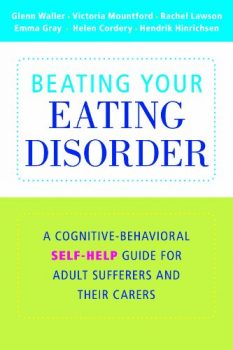 Beating Your Eating Disorder: A Cognitive-Behavioural Self-Help Guide for Adult Sufferers and their Carers.
Beating Your Eating Disorder: A Cognitive-Behavioural Self-Help Guide for Adult Sufferers and their Carers.
By Glen Waller, Victoria Mountford, Rachel Lawson, Emma Gray, Helen Cordery, and Hendrik Hinrichsen.
If you’re interested in buying this book yourself, then I’ve got you covered.

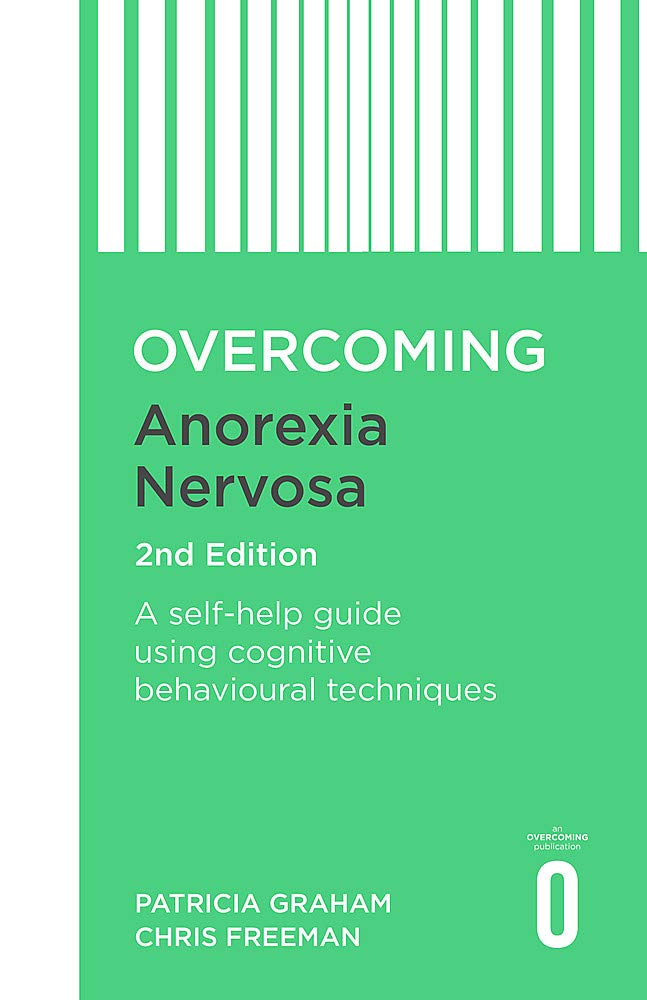 Overcoming Anorexia Nervosa 2nd Edition: A self-help guide using cognitive behavioural techniques.
Overcoming Anorexia Nervosa 2nd Edition: A self-help guide using cognitive behavioural techniques.
By Patricia Graham and Christopher Freeman.
If you’re interested in buying this book yourself, then I’ve got you covered here, too.


Getting Better Bite by Bite: A Survival Kit for Sufferers of Bulimia Nervosa and Binge Eating Disorder
BY
Ken Goss

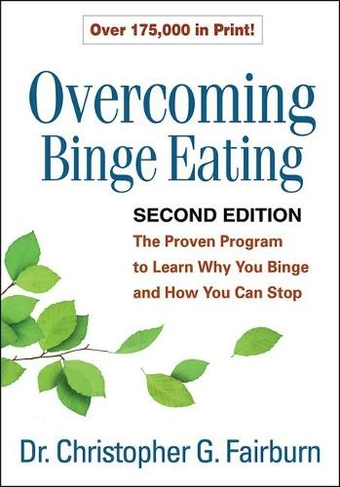
Overcoming Binge Eating 2nd Edition: The Proven Program to Learn Why You Binge and How You Can Stop
BY
Christopher Fairburn





